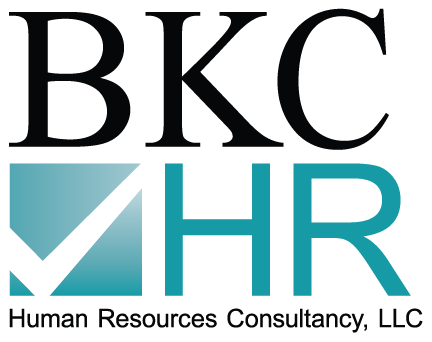NONPROFIT ORGANIZATIONS AND THE TANGIBLE PROPERTY REGULATIONS
What are the tangible property regulations? These regulations were issued by the Internal Revenue Service (IRS) to provide guidance for the acquisition, production or improvement of tangible property—buildings, furniture, fixtures and equipment assets, typically—which must be capitalized and depreciated, deducted in the future or deducted immediately. On a more granular level, these rules dictate how Read More…




